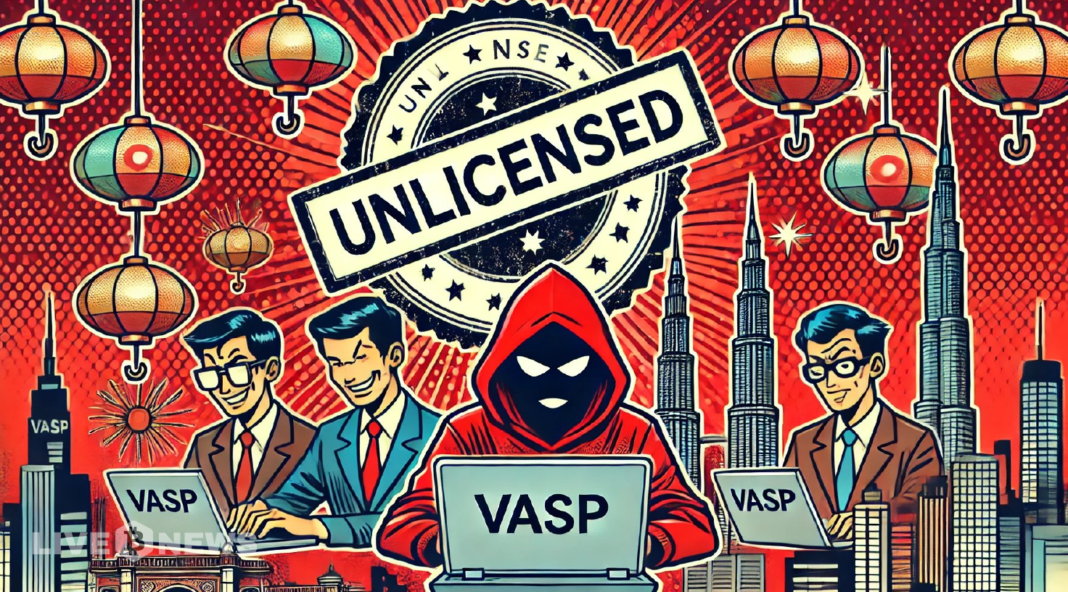- The UNODC demands criminal penalties for unauthorized VASPs in Southeast Asia.
- Southeast Asia loses between $18B to $37B per year due to scams.
The United Nations Office on Drugs and Crime (UNODC) has urged Southeast Asian countries to take swift action against unlicensed virtual asset service providers (VASPs) in its most recent report, published on October 8. The 142-page paperwork describes how some VASPs are involved in facilitating illegal transactions associated with cybercrime groups and high-risk gambling operations.
The UNODC highlights the vital necessity for these countries to criminalize unregulated VASP operations in order to deal with the region’s growing organized crime threat.
Soaring Cyber Crime and Financial Losses
The research paper outlines considerable financial losses resulting from cyber scams, indicating that fraudsters have used new technology, such as artificial intelligence (AI), to improve their operations. These criminals have broadened their tactics, including identity theft, fraudulent recruitment, and phishing attempts. They used AI to build convincing fake identities and enable real-time interactions in several languages, making their schemes more difficult to detect.
Southeast Asia, particularly the countries surrounding the Mekong River, has emerged as a key hub for cyber fraud networks. These groups are thought to have generated losses ranging from $18 billion to $37 billion over the previous year. These syndicates operate under the appearance of respectable enterprises, running fraud centers and exploiting forced labor to sustain their illegal activities.
From 2021 to 2024, one significant VASP in the Mekong area, which mainly relies on the USDT stablecoin, handled cryptocurrency transactions totaling between $49 billion and $64 billion. This large activity highlights the importance of addressing the unregulated nature of these platforms.
The research also highlighted the growing importance of AI in helping criminal operations, which it considers a dangerous trend. To address these issues, the UNODC proposes increased oversight of casinos and online fraud operations. Additionally, they recommend enhanced training for agencies tasked with combating modern cybercrime and money laundering facilitated by cryptocurrency.



